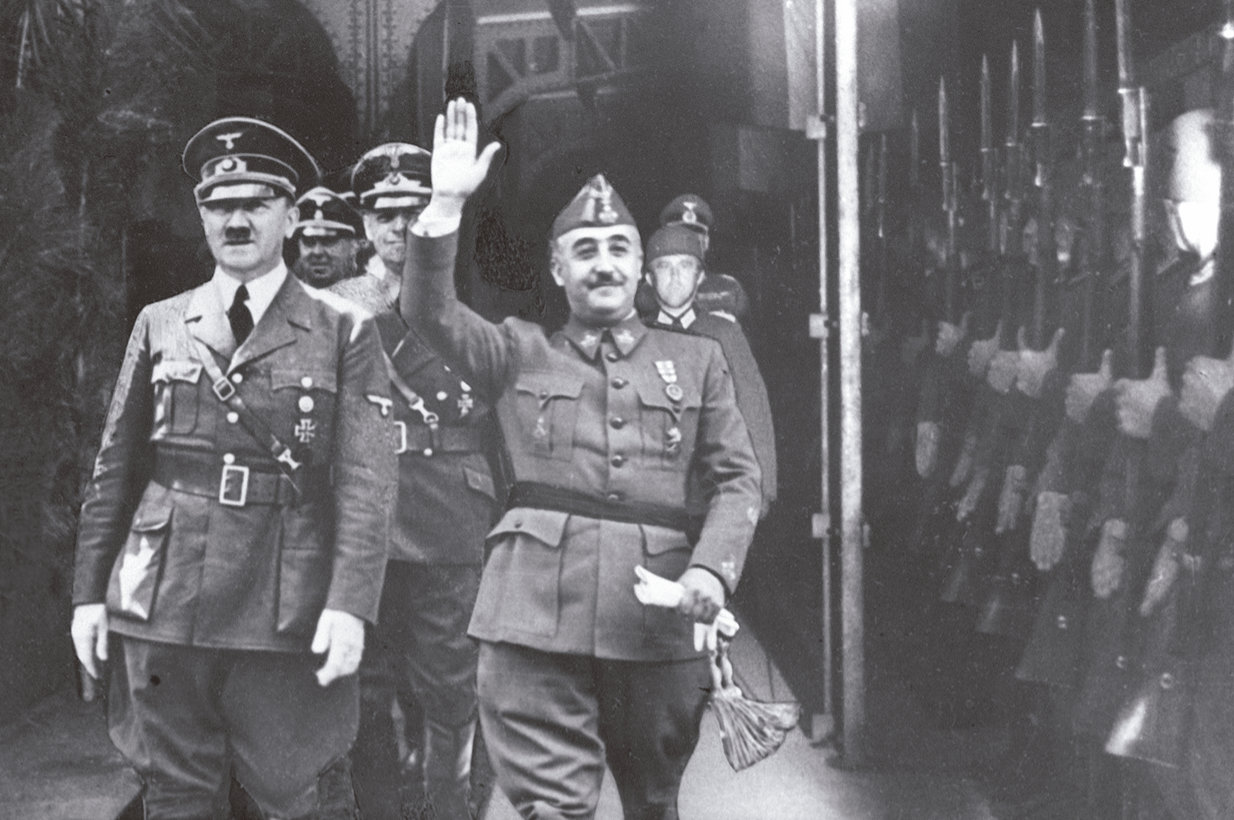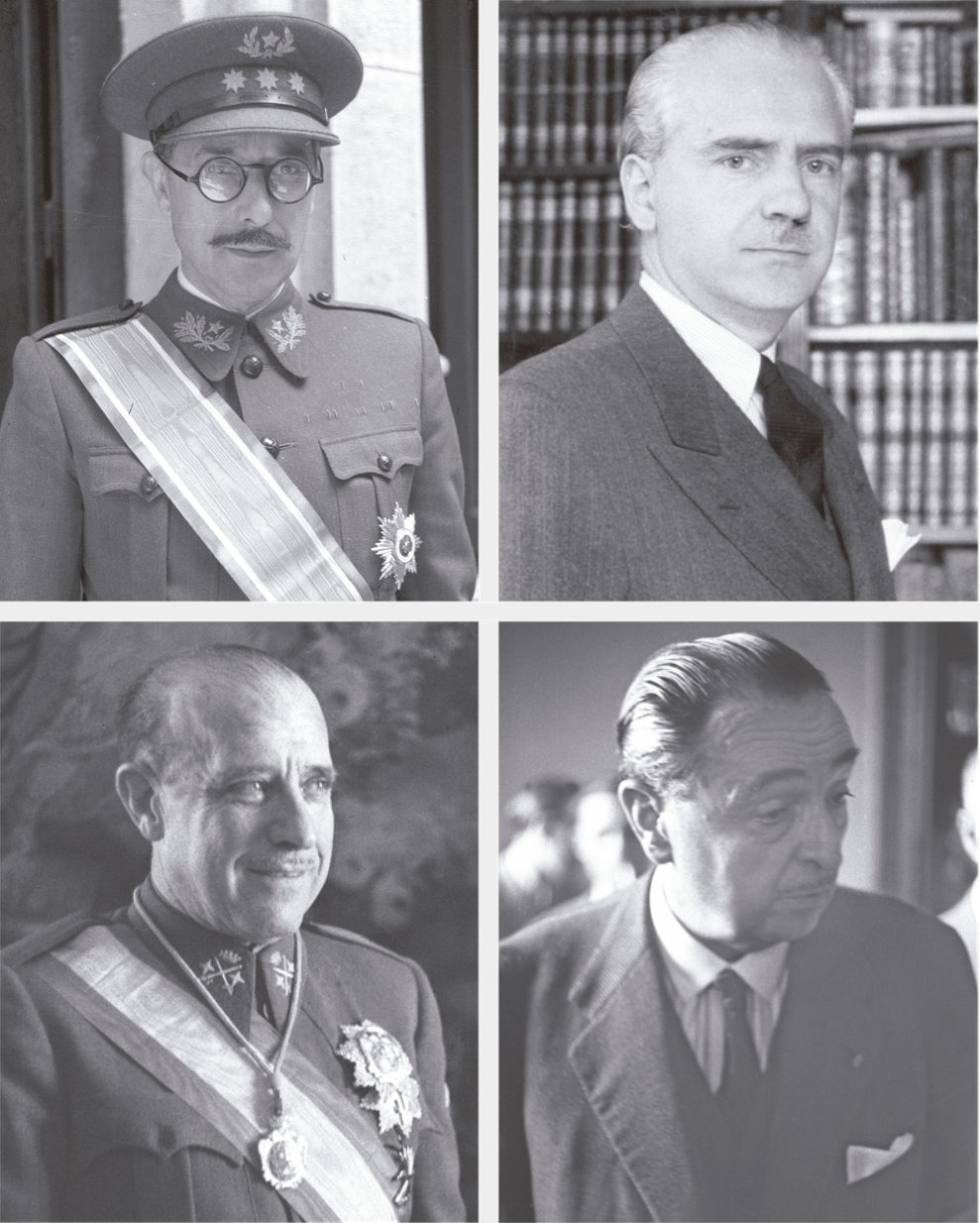SPAIN’S OFFICIAL PROTECTION POLICY DURING THE HOLOCAUST
More could have been done
The analysis of what Spain did and what it could have done to mitigate the suffering of Jews, their persecution by the Nazis, and the horrifying dimensions of the Holocaust is always cause for debate, often self-serving.
Initially, it was estimated that 48,000 to 60,000 Jews were able to escape deportation and extermination thanks to Spain’s policies. More recent research calls these figures into question and lowers them to 30,000-35,000, adding a further 8000 who were saved thanks to the personal intervention of a group of diplomats and other members of Spain’s Foreign Service abroad. This was so because Spain demanded an enormous number of stringent requirements for the entry of Jews into our country.
Why such fastidious red tape in the face of such vital urgency? Nazi pressure and Spain’s huge material shortages at the time have, rightly, been propounded. However, that was probably not crucial.
More important seems to have been the political decision to “not bring them to Spain to settle in our country because that is not at all in our interest, nor authorized by the Caudillo [Francisco Franco], nor can we leave them in their current situation pretending to be unaware of their status as Spanish citizens.” General Gómez-Jordana, Minister of Foreign Affairs, wrote these words in March 1943 to his Army colleague Carlos Asensio, regarding the request made by some 4000 Sephardim who were in territories occupied by the Third Reich — half of them in France — to be allowed to enter Spain. It cannot be forgotten that of those 4000 (who were entitled to Spanish nationality by Primo de Rivera’s 1924 Decree), only 700 or 800 were eventually admitted into their homeland.
Two different periods need to be established: one, up to July 1942; the other, from that date to the end of World War II.
During the first period, some 25,000 Jews are estimated to have been saved by crossing the Pyrenees during the war. After the fall of France in June 1940, several thousand Jews headed for the Spanish border. Madrid granted the necessary transit visas for them to proceed towards Portugal, North Africa or the Americas. Together with those Jews, a few hundred other Jews, many of them considered stateless, also crossed the border. They underwent much more stringent controls and restrictions. Many were denied transit visas and there were even a considerable number of expulsions.
Later, during the second period, entry was drastically limited: full and complete documentation was required, and each new group of repatriated Spanish Jews was prevented from entering the country until the previous group had left national territory. But it is also true that the passiveness of the Allied position regarding the evacuation of Jewish refugees was an obstacle for their entry into Spain.
However, fortunately for many Jews, in the occupied countries a group of Spanish diplomats and members of Spain’s Foreign Service took a totally different approach. Jeopardizing their careers, even risking their own lives, they made use of all their skills and guile to help and rescue the Jews protected by Spanish legations, very often in the absence of appropriate support and backing from the authorities in Madrid.
After the war ended, out of fear that a great many of the Jews from concentration and extermination camps would choose Spain as their country of residence, the Franco regime enacted legislation to prevent this. The criteria were “to prevent, as far as possible, Jews who had previously resided abroad from entering into and staying in Spain”. Those who proved that they were Spanish citizens would be given “all possible facilities for repatriation to their homes of origin”. As far as Madrid was concerned, the fewer Jews in Spain, the better: fewer problems.
That more could have been done, is certain; that Franco’s regime was not a champion of the Jews, as it had claimed, is obvious. In any case, the fact remains that many other countries, perhaps with greater freedom of action, did no more than Spain to prevent Jewish extermination.

 Loading
Loading



